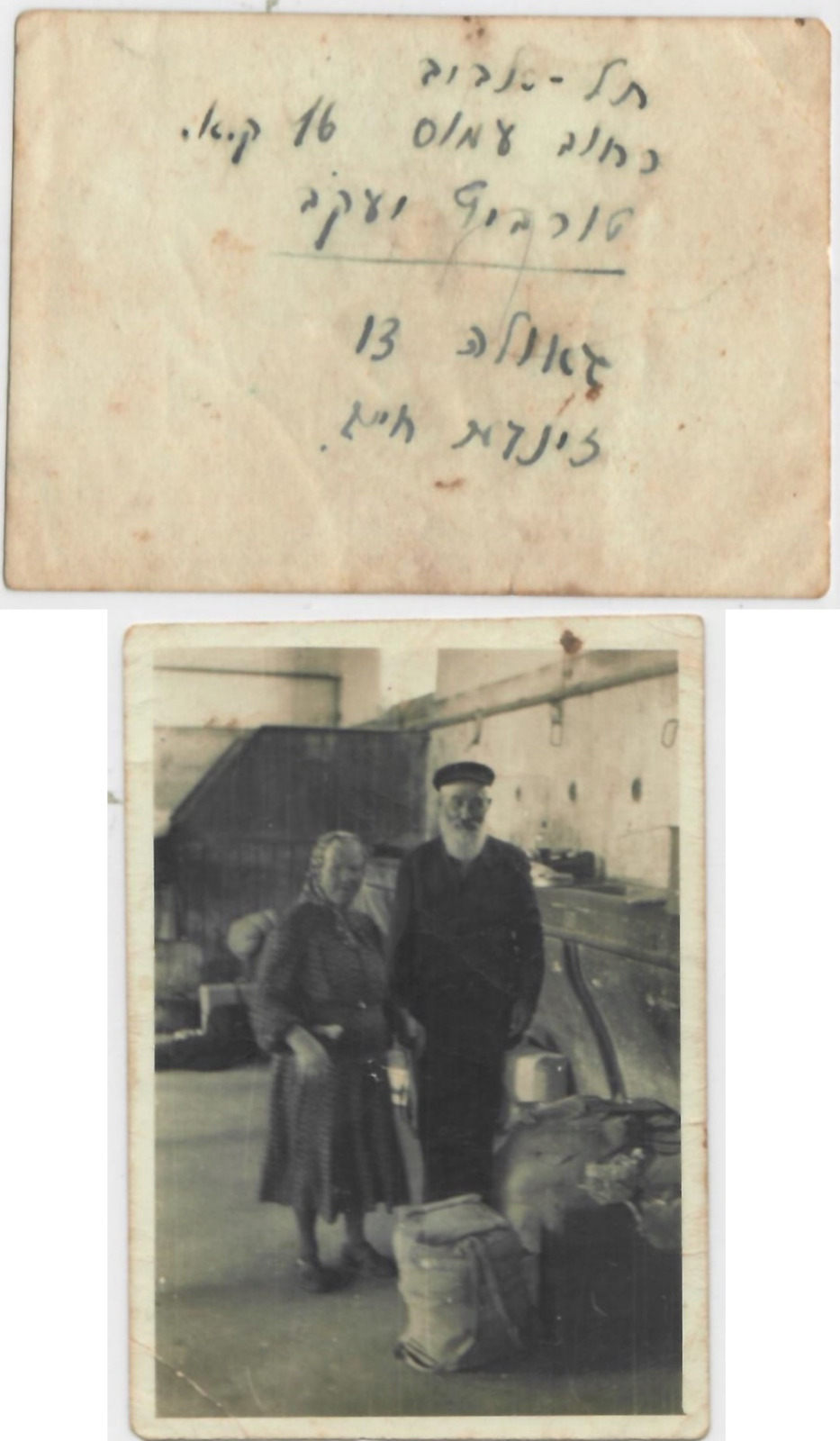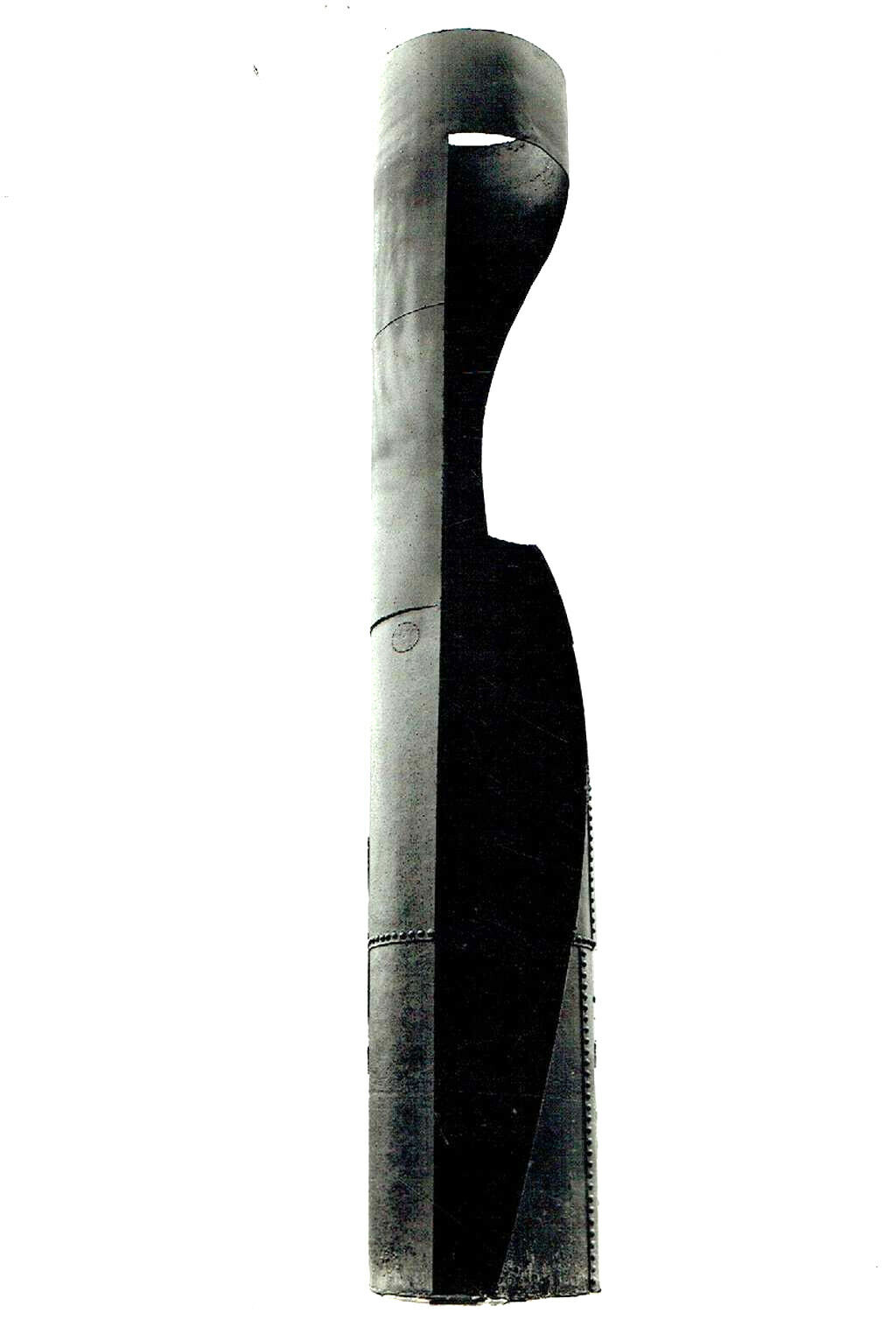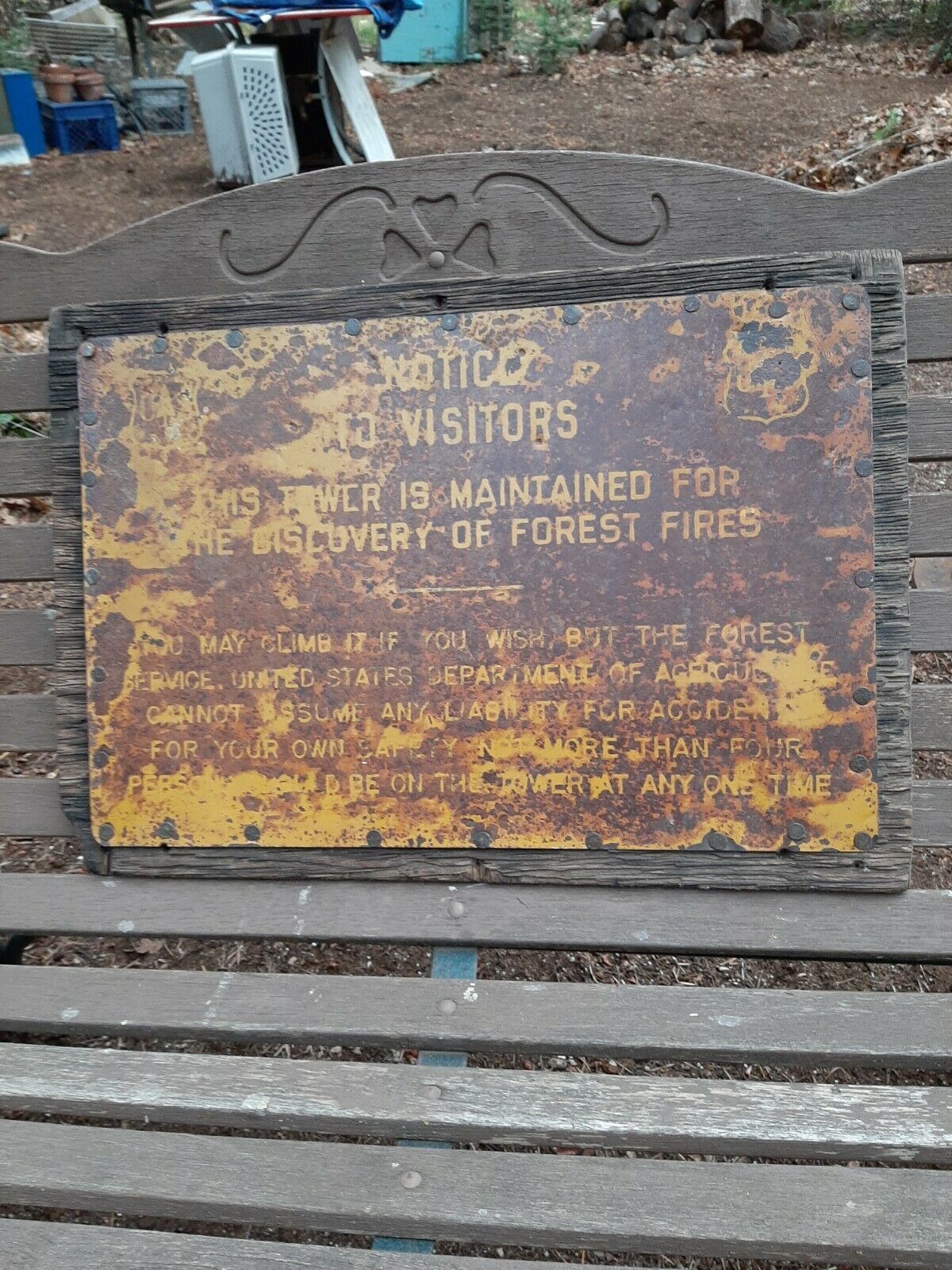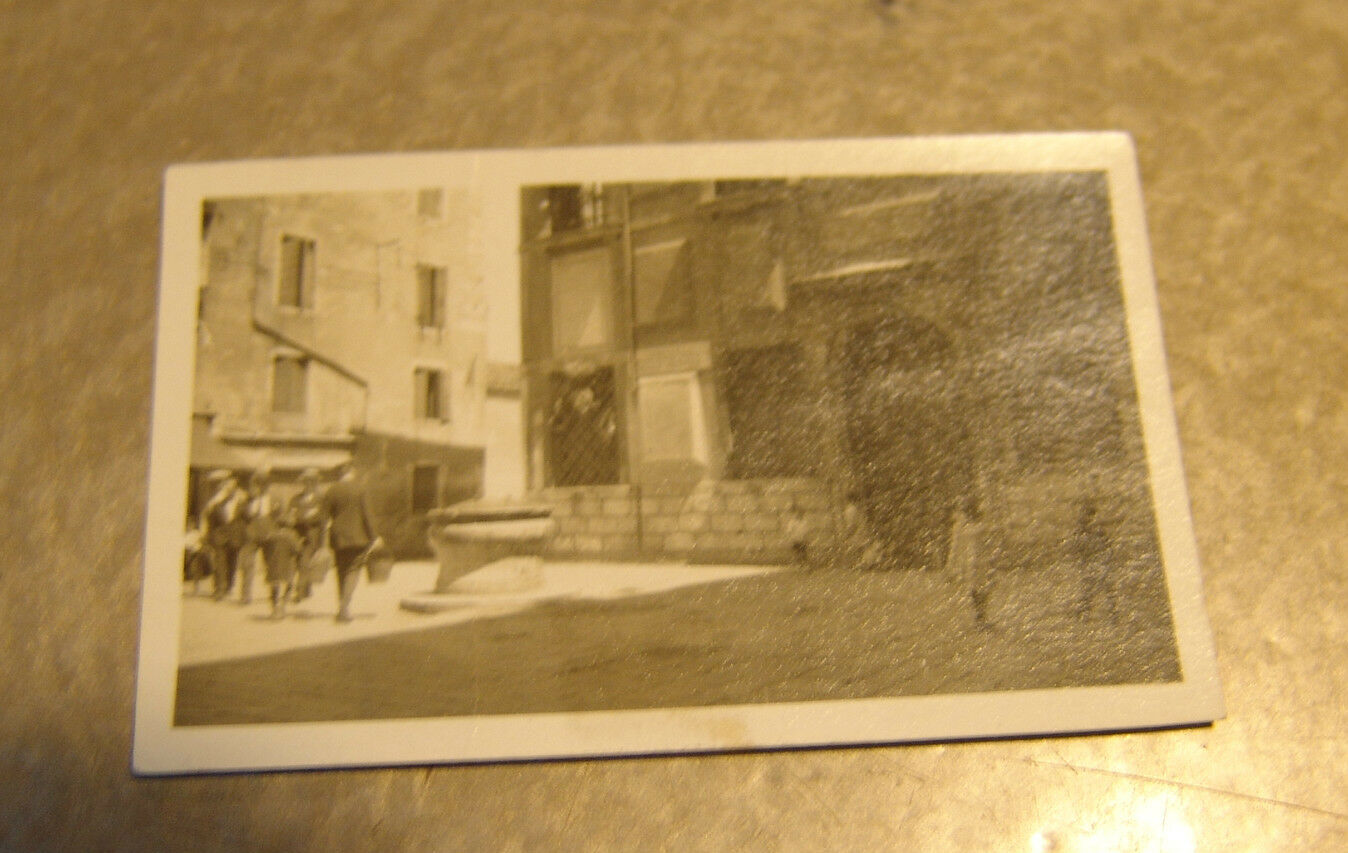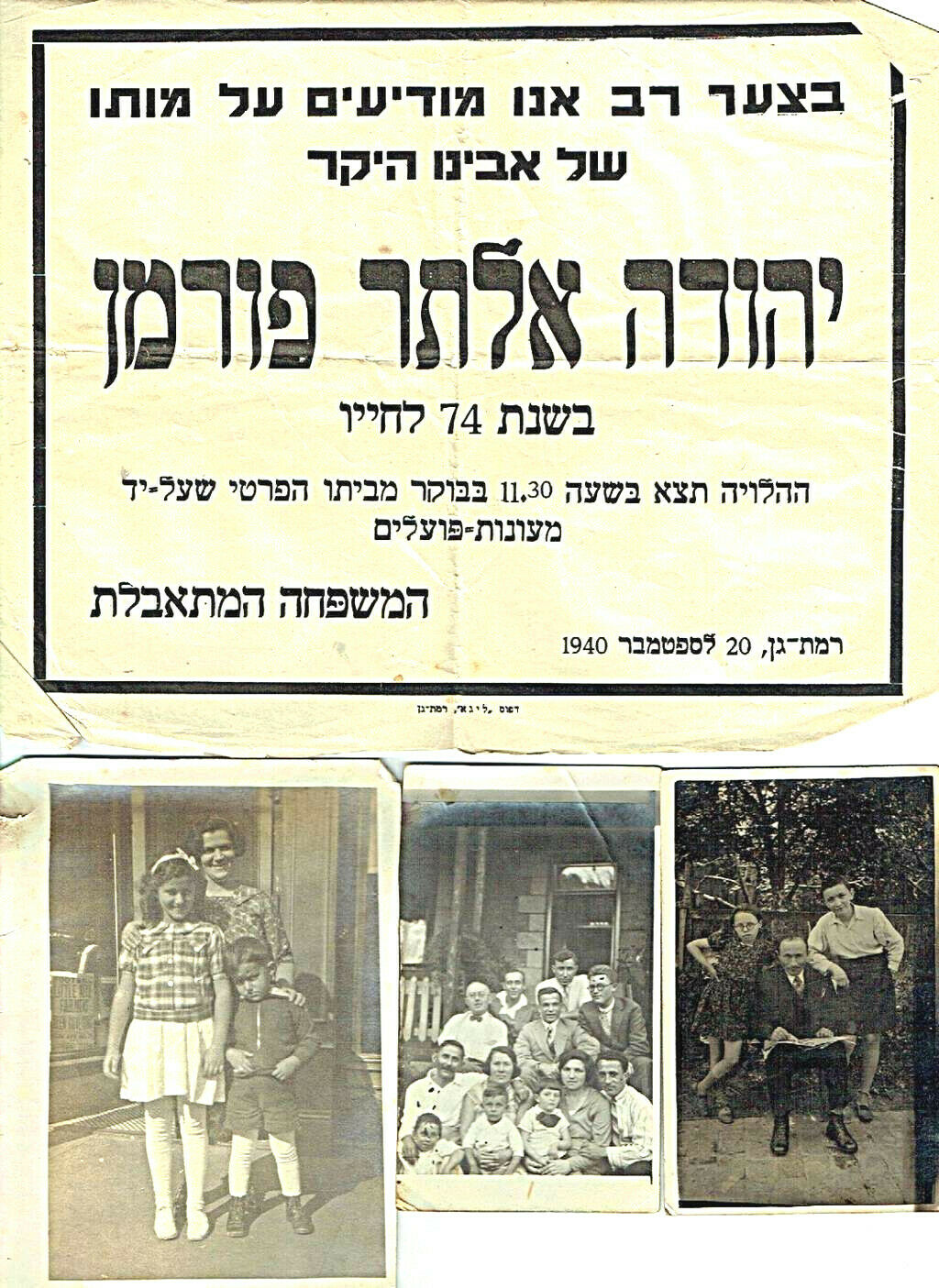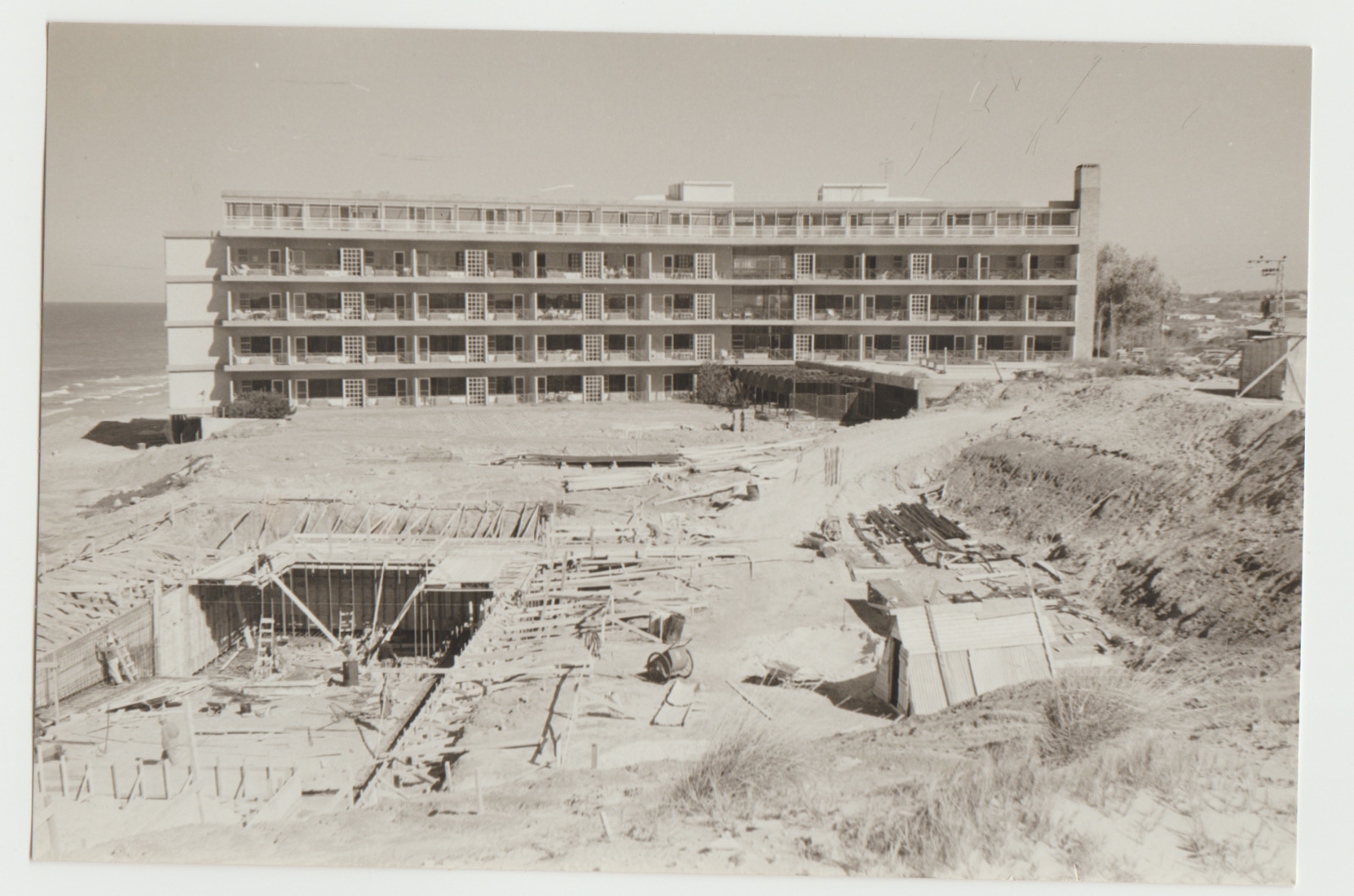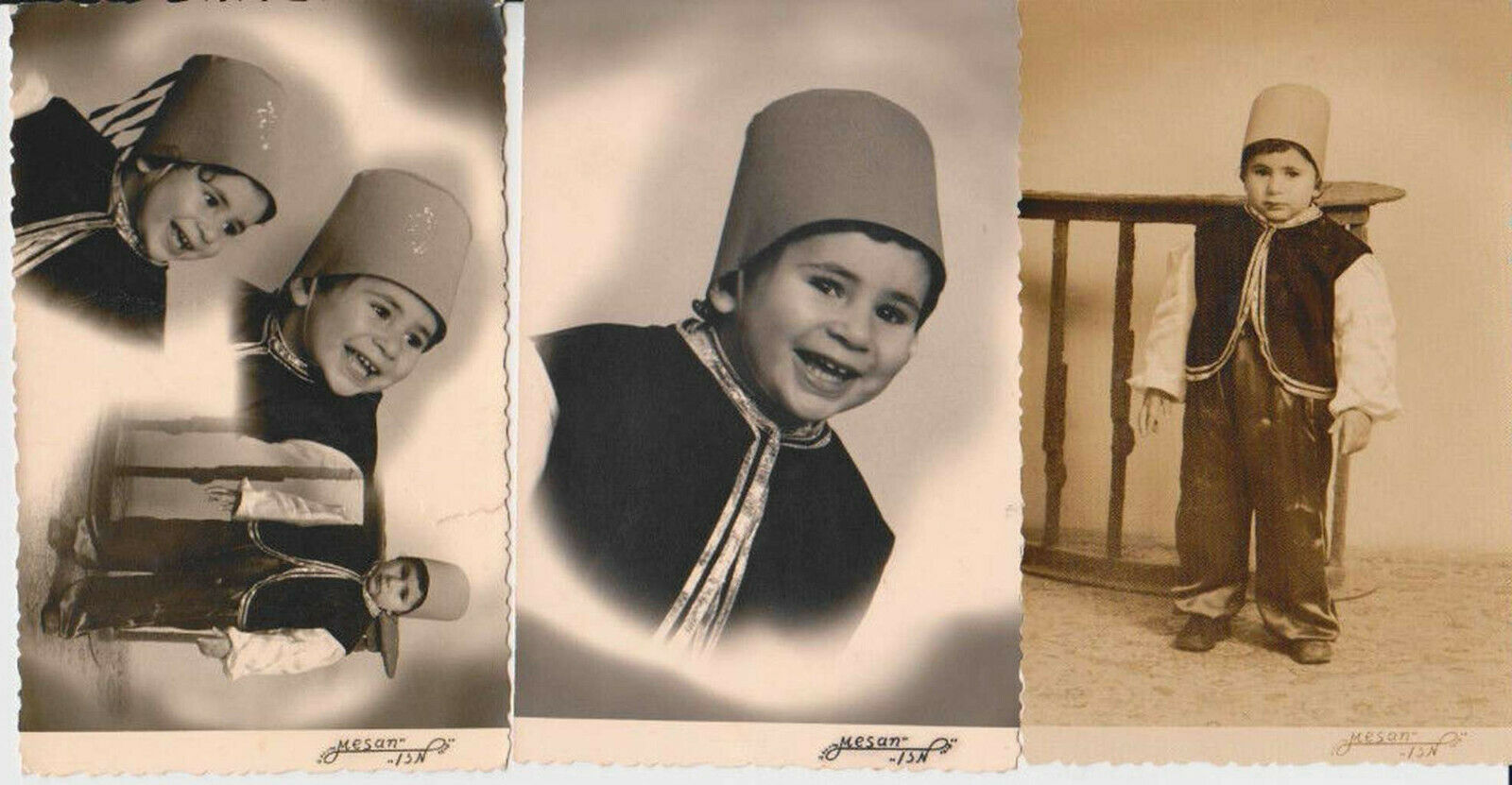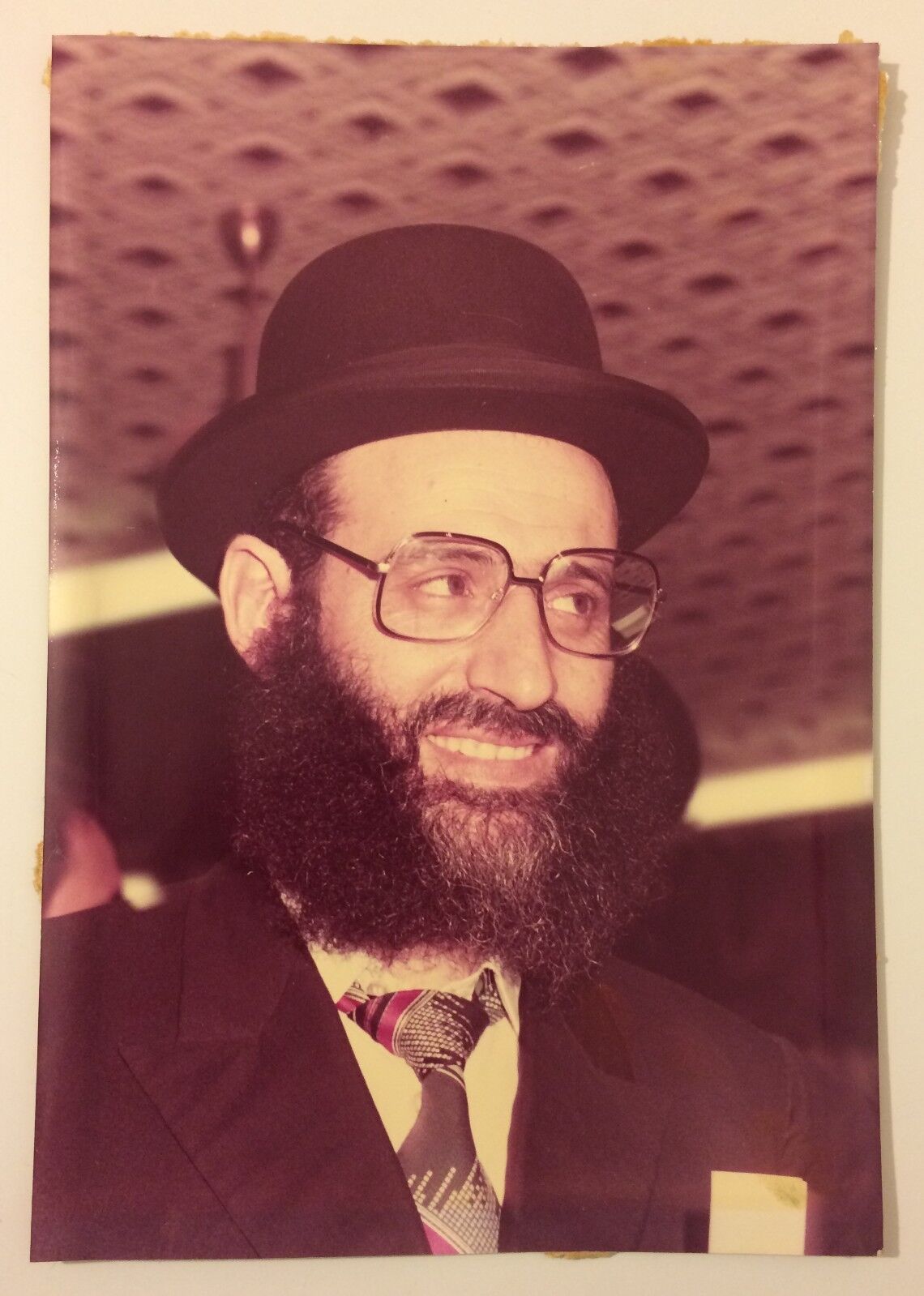-40%
1940 Hebrew 14 PHOTO POSTCARD Israel ALBUM Betar TEL HAI LION Jerusalem TEL AVIV
$ 66
- Description
- Size Guide
Description
DESCRIPTION:
Up for auction is a very typical Eretz Israel - Palestine Israeliana artifact from the years 1930's and 1940's , Being a PHOTO ALBUM bound with leather immitation with an embossed COPPER PLAQUE - RELIEF
with an EXCEPTIONAL and very impressive
beautifuly designed ROUND COPPER - BRASS PLAQUE RELIEF with the image of the TEL HAI ROARING LION STATUE and the Hebrew writing "TEL HAI" .
It's a
most impressive BEZALEL TYPE BINDING , Mounted top
. FOURTEEN original PHOTO POSTCARDS depicting SIGHTS and IMAGES of the streets of TEL AVIV and JERUSALEM from the 1930's and 1940's are tipped in the black cardboard leaves of the album , Being separated by tranparent tissue papers
.
The BINDING and PLAQUE
were meant to commemorate TEL HAI ,
One of the pioneer
JEWISH SETTLEMENT in the GALILEE
and its legendary hero JOSEPH TRUMPELDOR .
The STATUE of the roaring lion was created by Abraham Melnikov . The album size is around 11" x 7.5" . 14 PHOTO POSTCARDS pasted on black cardboard leaves protected by transparent tissue paper. Excellent condition.
( Please look at scan for actual AS IS images ) .
W
ill be sent in a special protective rigid sealed packaging.
PAYMENTS
: Payment methods accepted : Paypal & All credit cards .
SHIPPMENT
: Shipp worldwide via registered airmail is $ 25 . Will be sent in a special protective rigid sealed packaging .
Handling around 5 days after payment.
Ze'ev Jabotinsky MBE (Hebrew:
זאב ז'בוטינסקי
; Ukrainian:
Володи́мир (Зеєв) Євге́нович Жаботи́нський
), born Vladimir Yevgenyevich Zhabotinsky (Russian:
Влади́мир Евге́ньевич Жаботи́нский
) (18 October 1880 – 4 August 1940), was a Revisionist Zionist (nationalist) leader, author, orator, soldier, and founder of the Jewish Self-Defense Organization in Odessa. Along with Joseph Trumpeldor he was the founder of the Jewish Legion of the British army in World War I as well as number of Jewish organizations such as Irgun, Beitar, Hatzohar. Ze'ev Jabotinsky's legacy is carried on today by Israel's Herut party (merged with other right wing parties to form the Likud in 1973), Herut – The National Movement (a breakaway from Likud), Magshimey Herut (young adult activist movement) and Betar (youth movement). In the United States, his call for Jewish self-defense has led to the formation of Americans for a Safe Israel and the Jewish Defense Organization. The JDO's training camp is named Camp Jabotinsky. In Israel, there are more streets, parks and squares named after Jabotinsky than any other figure in Jewish or Israeli history. The Jabotinsky Medal is awarded for distinguished service to the State of Israel, and most Israeli cities have streets named after him. On 11 August 2008, left wing Israeli Education Minister Yuli Tamir announced plans to remove Jabotinsky's name from a list of terms students are required to learn, creating an uproar.
The Betar Movement (
בית"ר
, also spelled Beitar) is a Revisionist Zionist youth movement founded in 1923 in Riga, Latvia, by Vladimir (Ze'ev) Jabotinsky. Betar has been traditionally linked to the original Herut and then Likud political parties of Israel, and was closely affiliated with the pre-Israel Revisionist Zionist splinter group Irgun Zevai Leumi. It was one of many right-wing movements and youth groups arising at that time that adopted salutes and uniforms. Some of the most prominent politicians of Israel were Betarim in their youth, most notably Prime Ministers Yitzhak Shamir and Menachem Begin, an admirer of Jabotinsky.Today, Betar promotes Jewish leadership on University campuses as well as in local communities. Its history of empowering Jewish youth dates back to before the State of Israel. Throughout World War II, Betar was a major source of recruits for both the Jewish regiments that fought the Nazis alongside the British and the Jewish forces that waged an ongoing guerrilla war against the British in Palestine. Across Europe, Betar militia played major roles in independently resisting Nazi forces and other various assaults on Jewish communities. The Irgun (Hebrew:
אִרְגּוּן
; full title:
הָאִרְגּוּן הַצְּבָאִי הַלְּאֻמִּי בְאֶרֶץ יִשְׂרָאֵל
Ha-Irgun Ha-Tzvai Ha-Leumi be-Eretz Yisrael
, lit. "The National Military Organization in the Land of Israel"), was a Zionist paramilitary group that operated in Mandate Palestine between 1931 and 1948. It was an offshoot of the earlier and larger Jewish paramilitary organization Haganah (Hebrew: "Defense",
הגנה
). When the group broke from the Haganah it became known as the
Haganah Bet
(Hebrew: literally "Defense 'B' " or "Second Defense",
הגנה ב
), or alternatively as haHaganah haLeumit (
ההגנה הלאומית
) or Ha'ma'amad (
המעמד
). Irgun members were absorbed into the Israel Defense Forces at the start of the 1948 Arab–Israeli war. The Irgun is also referred to as Etzel (
אצ"ל
), an acronym of the Hebrew initials, or by the abbreviation IZL. The Irgun policy was based on what was then called Revisionist Zionism founded by Ze'ev Jabotinsky. According to Howard Sachar, "The policy of the new organization was based squarely on Jabotinsky's teachings: every Jew had the right to enter Palestine; only active retaliation would deter the Arabs; only Jewish armed force would ensure the Jewish state"Two of the operations for which the Irgun is best known are the bombing of the King David Hotel in Jerusalem on 22 July 1946 and the Deir Yassin massacre, carried out together with Lehi on 9 April 1948.The Irgun has been viewed as a terrorist organization or organization which carried out terrorist acts. In particular the Irgun was branded a terrorist organisation by Britain, the 1946 Zionist Congress and the Jewish AgencyThe Irgun was a political predecessor to Israel's right-wing
Herut
(or "Freedom") party, which led to today's Likud party. Likud has led or been part of most Israeli governments since 1977. Joseph Trumpeldor (November 21, 1880 – March 1, 1920, Hebrew:
יוסף טרוּמְפֶּלְדּוֹר
, Russian:
Иосиф Трумпельдор
), was an early Zionist activist. He helped organize the Zion Mule Corps and bring Jewish immigrants to Palestine. Trumpeldor died defending the settlement of Tel Hai in 1920 and subsequently became a Zionist national hero. According to a standard account, to him are attributed the last words, reminiscent of Horace: "It does not matter, it is good to die for our country." Upon his return to Petrograd, Russia in 1918, he organised Jews to defend themselves and established the
HeHalutz
, a youth organization that prepared immigrants for
aliyah
, and returned to the British Mandate of Palestine himself. Battle of Tel Hai
On 1 March 1920, several hundred Shiites, from the village of Jabal Amil in southern Lebanon, gathered at the gate of Tel Hai, one of four Jewish farming villages in an isolated bloc at the northern end of the Upper Galilee's Hulah Valley. Gangs
('isabat)
of clan-based border peasants, combining politics and banditry, were active in the area of the loosely defined border between the soon to be established British Mandate of Palestine, French Mandate of Lebanon and of Syria. The Shiites believed that some French troops had taken refuge with the Jews and demanded to search the premises. The Jews generally tried to maintain neutrality in the chaos, occasionally sheltering both Arabs and French. On this day there were no French soldiers, and the Jews assented to a search. One of the farmers fired a shot into the air, a signal for reinforcements from nearby Kfar Giladi, which brought ten men led by Trumpeldor, who had been posted by Hashomer to organize defense It is unclear exactly what happened once Trumpeldor assumed command, but an early report speaks of 'misunderstanding on both sides'. Ultimately, a major firefight raged in which seven Jews and five Arabs were killed outright; Trumpeldor was shot in the hand and stomach, and died while being evacuated to Kfar Giladi that evening. The eight Jews were buried in two common graves in Kfar Giladi, and both locations were abandoned for a time.
National hero After his death, Trumpeldor became a symbol of Jewish self-defence, and his memorial day on the 11th day of Adar is officially noted in Israel every year. His last words, "Never mind, it is good to die for our country" (
En davar, tov lamut be'ad artzenu
אין דבר, טוב למות בעד ארצנו
), became famous in the pre-state Zionist movement and in Israel of the 1950s and 1960s. According to Aviel Roshwald, despite the "widespread" belief that these famous last words are apocryphal, "the irony is that the authenticity of the official story about Trumpeldor's final utterance is actually well-attested and not disputed by historians."(Roshwald, Aviel, The Endurance of Nationalism; Ancient Roots and Modern Dilemmas, Cambridge University Press. 2006, p. 148) These words closely resemble a translation of
Dulce et decorum est pro patria mori
, the famous line from the Roman lyrical poet Horace's
Odes
(iii 2.13), which can be rendered in English as "It is sweet and honourable to die for one's country," or "It is sweet and fitting to die for the fatherland" --- and which inspired numerous nineteenth- and twentieth-century nationalist patriots in various countries. Legacy Both right-wing and left-wing Zionists regard Joseph Trumpeldor as a hero. The Revisionist Zionist movement named its youth movement (and precursor to Likud)
Betar
, an acronym for "Covenant of Joseph Trumpeldor", while the left-wing movements remember Trumpeldor as the defender of the kibbutzim and have established memorials in his honour. In the same year that he died, the Joseph Trumpeldor Battalion for defence and work was founded, which established several kibbutzim. The town of Kiryat Shmona ("City of Eight") is named after Trumpeldor and the seven others who died defending Tel Hai. Tel Hai (Hebrew:
תֵּל חַי
, meaning "Hill of Life" in Hebrew; Tal-ha in Arabic) is a name of a former Jewish settlement in northern Israel, the site of an early battle in the Arab–Israeli conflict, and of a noted monument, tourist attraction, and a college. It is currently part of kibbutz Kfar Giladi. The Battle of Tel Hai on 1 March 1920, which gave Tel Hai its long-enduring fame, was significant far beyond the small number of fighters involved on either side - mainly due to its influence on Israeli culture, both inspiring an enduring heroic story and profoundly influencing the military of the Yishuv and political strategies over several decades. In retrospect, it can be regarded as the first military engagement between the New Yishuv (later to become Israel) and Arab rebels (of what was to become Syria), though at the time itself combatants on either side did not regard it in such terms. ebay4248 ebay 644












